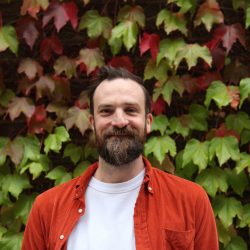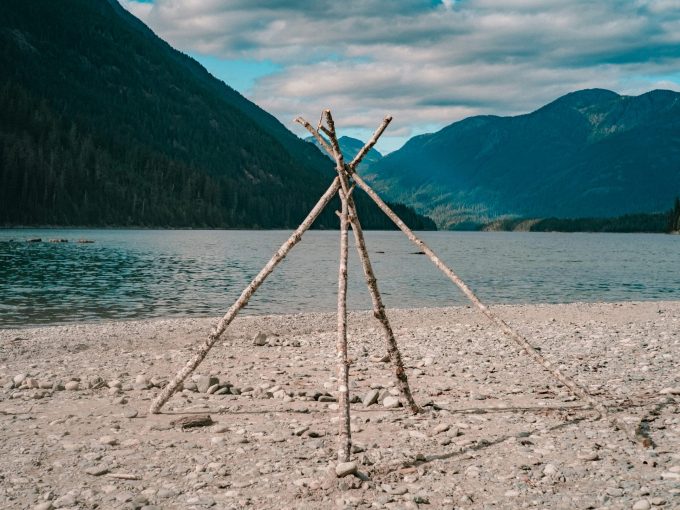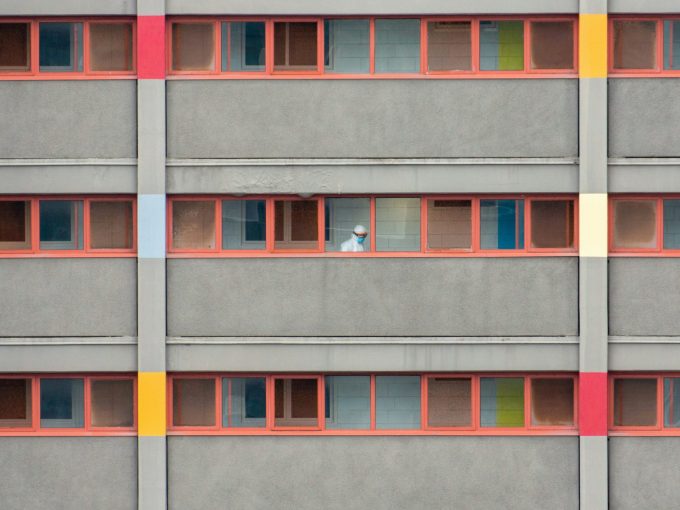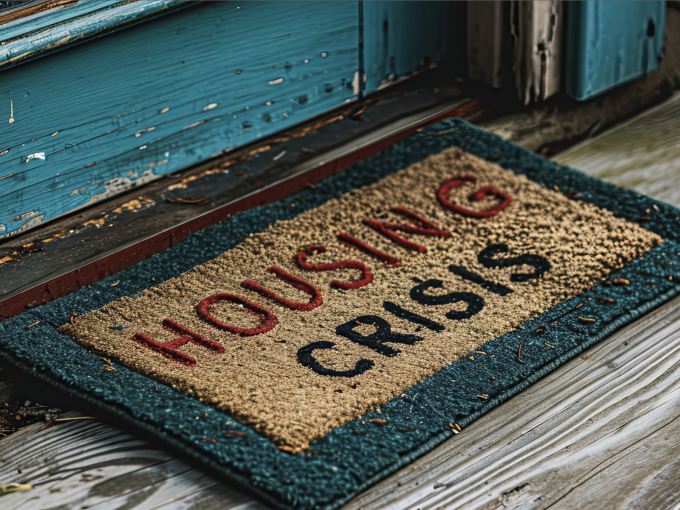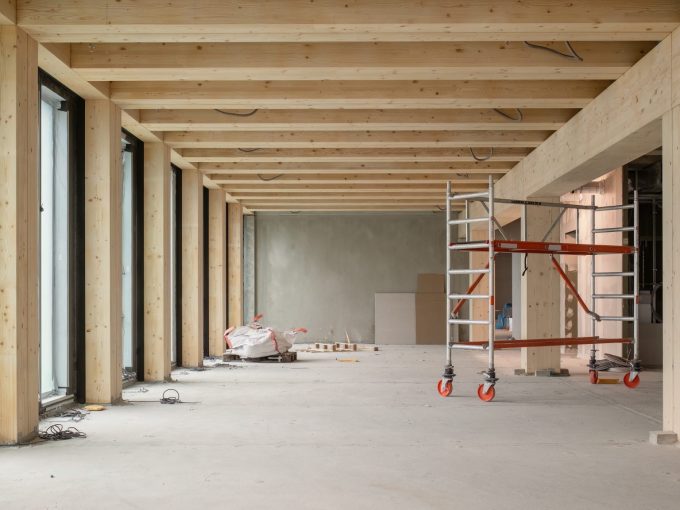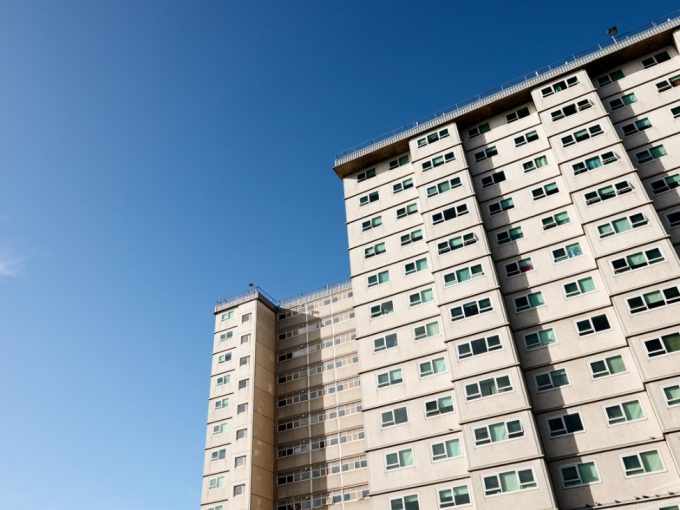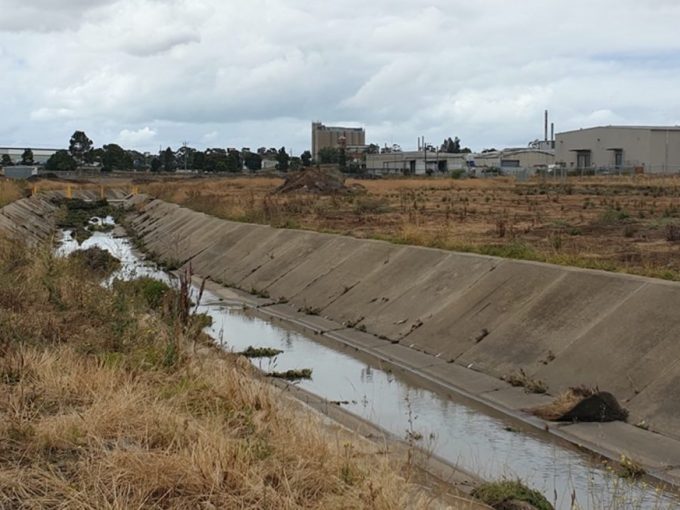Geographies of Land, Home and Place brings together our expertise in understanding the places and land systems on which we live, how we are housed and the social and cultural geographies of inclusion and belonging.
Our research engages directly with geography as a discipline from a local to global scale, engaging with ideas like space, place, temporality and human-environment relations. Our disciplinary engagement with geography also extends to critical understandings of issues like governance, institutions and socio-ecological change.
We interpret the ‘urban’ focus of the centre broadly, with an interest in the processes and relations across scales and over time that shape our lives.
Research focus areas include housing, land, urban policy, homelessness, displacement and dispossession, inclusion, urban ecologies, social and cultural issues and urban cultures.
Acknowledgement of Country
Research that is concerned with themes of land, home and place in the context of colonial systems and institutions has a responsibility to engage with First Nations sovereignty and self-determination.
Members of the Geographies of Land, Home and Place research theme acknowledge that sovereignty over the land on which we conduct much of our work has never been ceded. We acknowledge the people of the Woi wurrung and Boon wurrung language groups of the eastern Kulin Nation as the traditional owners and custodians of this land, and acknowledge unceded sovereignty over lands and water across the continent.
We recognise Ancestors and Elders past and present, and their ongoing cultural responsibilities to Country and its care. We are committed to supporting caring for Country in our work and professional conduct.
Key People
Associate Director & Deputies
Researchers
- Priya Kunjan
- Mittul Vahanvati
- Nicola Willand
- Jean Hillier
- Micheal Berry
- Louise Dorignon
- Benno Engels
- Nicolas Guerra Rodrigues Tao
- Gavin A. Wood
- Jindan Ni
- Susan McCallum
- Joseph van Buuren
- Glenda Mejia
- Melissa Laing
- Anthony Gordon Kent
- Imogen Carr
- Clare McCracken
- Patrick O’Keeffe
- Alejandra Cortes Fuentes
- Karien Dekker
- Declan Martin
- Sarah Barns
- Robyn Martin
- Haidee Hicks
